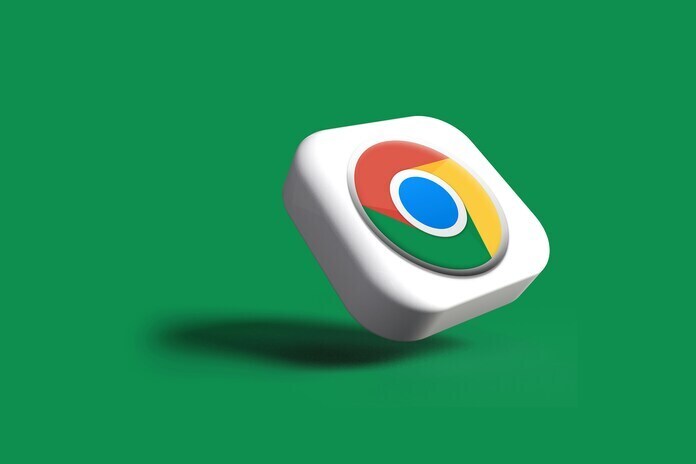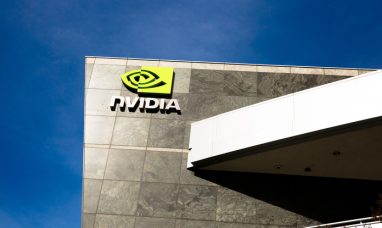In a bid to extend the lifespan of millions of PCs facing obsolescence post-Windows 10 support cutoff, Google’s parent company Alphabet (NASDAQ:GOOGL) announced the launch of ChromeOS Flex, enabling businesses to install an auto-updating Chrome operating system on Windows devices.
ChromeOS Flex promises continuous security updates and features like data encryption, ensuring users can prolong the usability of their Windows 10 systems even after Microsoft ceases support on October 14, 2025. Microsoft’s decision to discontinue regular security updates, bug fixes, and technical support for Windows 10 necessitates the transition to Windows 11 or alternative solutions.
According to Canalys Research, the termination of Windows 10 support could potentially lead to the disposal of approximately 240 million PCs, given the reduced demand for devices lacking security updates. Nonetheless, many Windows 10 PCs are expected to remain functional for years beyond the support cutoff.
Although ChromeOS holds a modest 1.8% share of the global desktop OS market as of January 2024, significantly trailing behind Windows’ dominant 73%, Google’s initiative aims to bridge the gap by offering compatibility with legacy Windows applications and productivity suites essential for businesses.
Acknowledging ChromeOS’s historical struggles with adaptability, Google emphasizes its capability to stream legacy Windows and productivity applications to devices, leveraging data center infrastructure for seamless delivery.
With ChromeOS Flex, Google presents a sustainable solution to extend the lifespan of older PCs, potentially mitigating electronic waste while providing users with continued access to essential software functionalities post-Windows 10 support termination.
Featured Image: Unsplash















